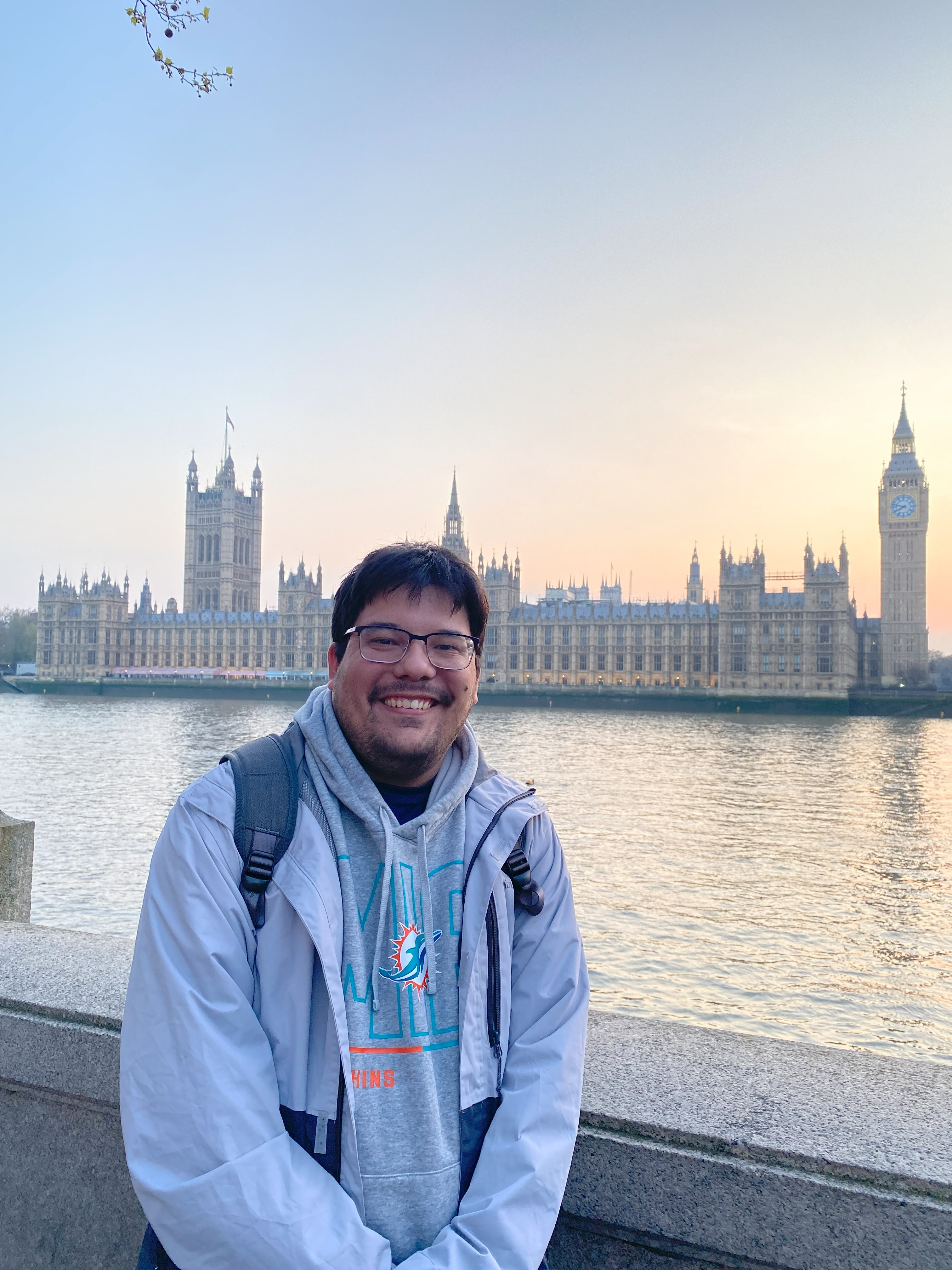Georgia parole board begins to hear case for clemency for condemned inmate

Georgia’s Board of Pardons and Paroles members have begun to hear from witnesses and lawyers to determine whether or not to grant clemency to Willie James Pye, who is scheduled to be executed on Wednesday.
Before the hearing was closed to the public, board chairman Terry Barnard said members have reviewed the case file and materials submitted to the board ahead of Tuesday’s meeting relating to Pye.
“We’ve also sent senior members to Jackson to interview him,” Barnard said.
At the conclusion of the hearing, Barnard said board members will be given a ballot to secretly cast their vote on whether or not to grant clemency. Once votes are tallied, parties will be notified of the result.
Pye’s attorney, Jill Benton, who now works at the University of Georgia, was present for the presentation in her former role as counsel for Pye, as well as other attorneys for the Federal Defense Program and members of his family.
Pye was sentenced to death for shooting, raping and killing Alicia Lynn Yarbrough, with whom he had a sporadic romantic relationship, in November 1993 in Spalding County. He was indicted on charges of malice murder, felony murder, kidnapping with bodily injury, armed robbery, burglary, rape and aggravated sodomy on Feb. 7, 1994. Trial began on May 28, 1996.

After being convicted, Pye unsuccessfully appealed his death sentence multiple times in state and federal court. His attempt to have the U.S. Supreme Court hear his case was denied in October.
Pye’s clemency relies on the fact that Pye is intellectually disabled and was represented at trial by a “racist, overworked public defender” who “shrugged off any meaningful investment in the case,” his attorneys said in his clemency application.
At the time, the Spalding County public defender, who has since died, also represented “thousands of other people,” including four additional capital defendants, filings allege. Pye’s attorneys contend the trial lawyer spent only 150 hours preparing for trial and failed to bring up details about Pye’s troubled upbringing during the sentencing phase.
The board has held five clemency hearings since October 2019, but has only granted one. Jimmy Fletcher Meders had his death sentence commuted to life without parole in January 2020.
While clemency hearings are closed to the public, in an interview years ago with the Atlanta Journal Constitution, Barnard said members spend weeks ahead of death penalty clemency hearings, looking at case files, inmate files and materials submitted to the board.
In the interview, Barnard said if board members believe the inmate is guilty, then they weigh whether the inmate has redeemed himself or herself of the crime, which is a difficult standard to reach given the nature of death penalty cases.
After hearing from witnesses, the board deliberate before a vote is called, with each member casting a secret ballot that only Barnard, who still serves as board chairman, can see.
A unanimous decision is not needed, only a majority.

